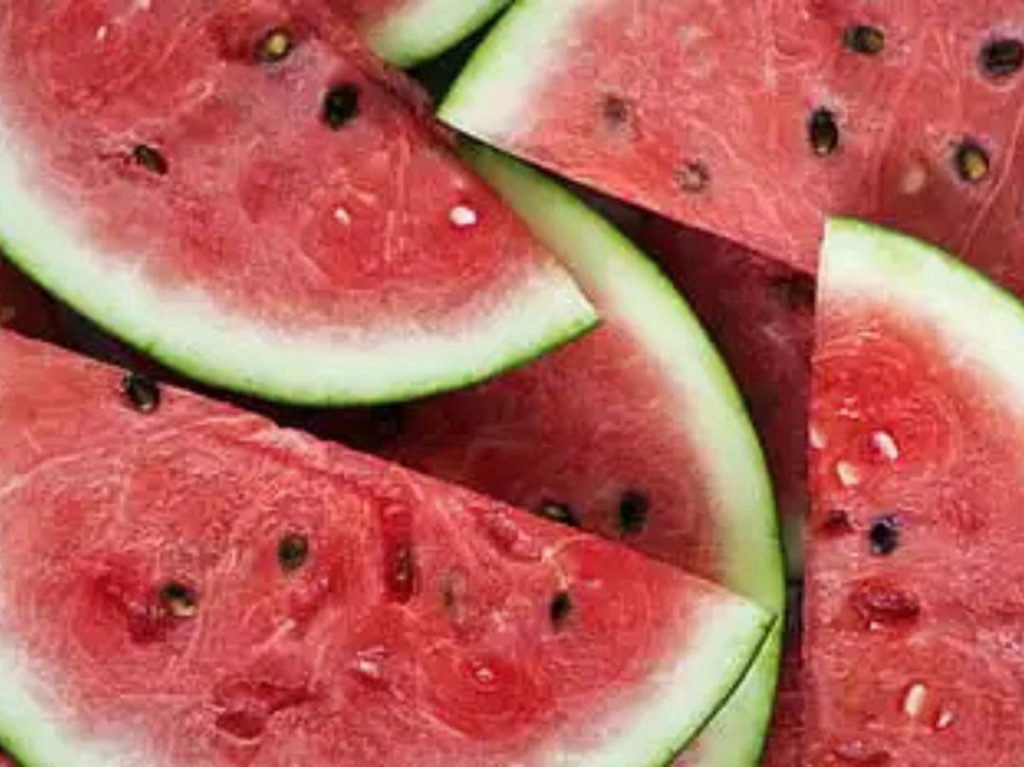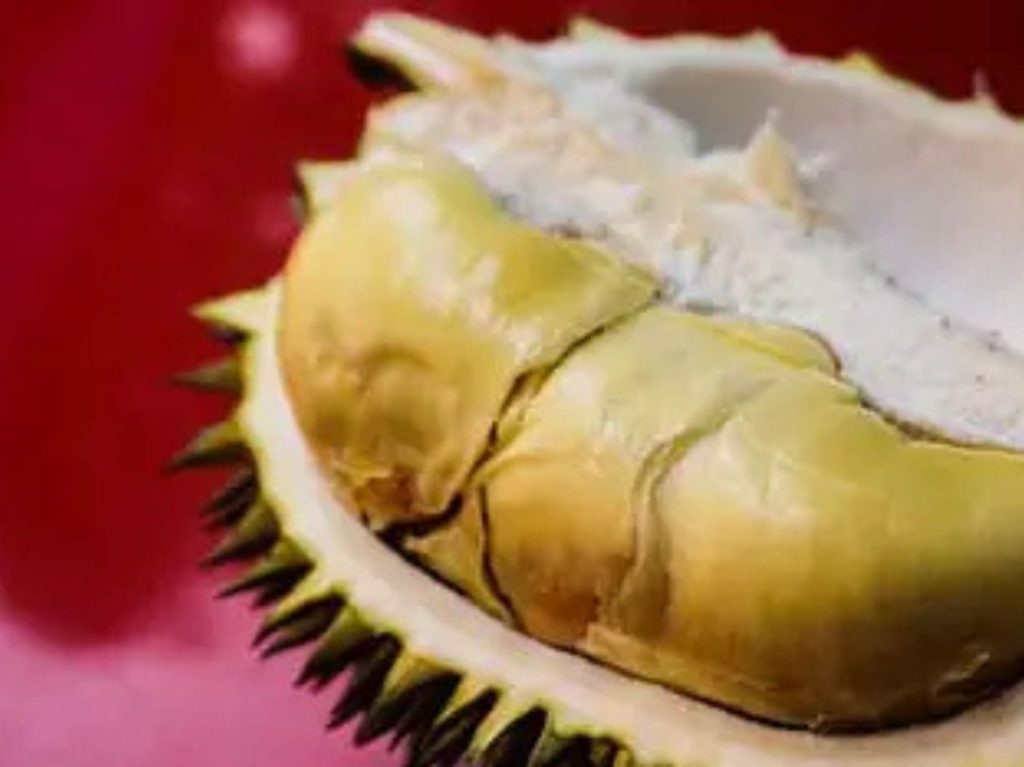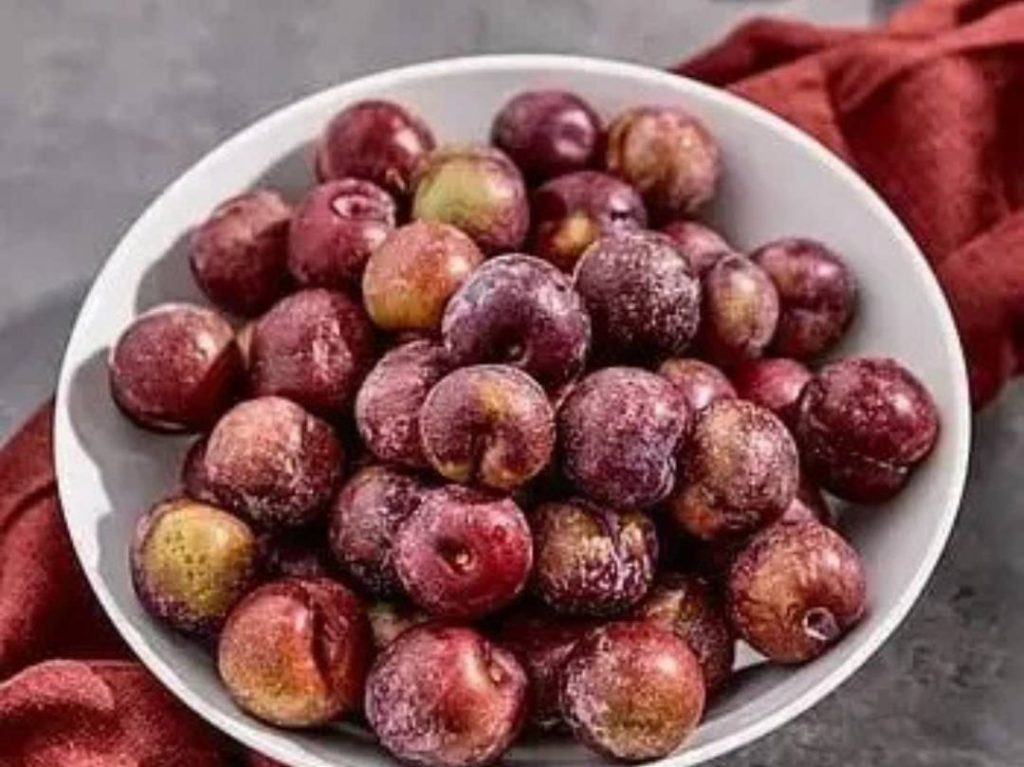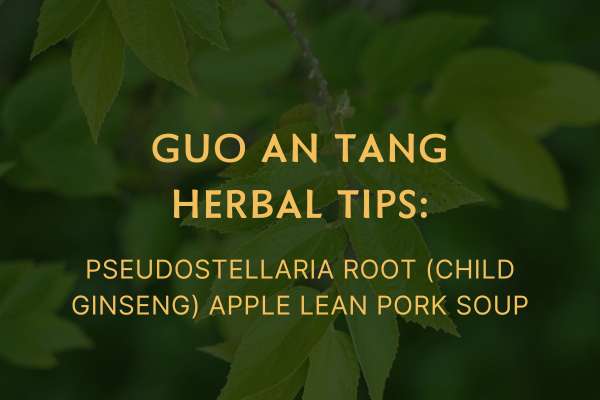
4 Fruits That Can Worsen Dampness | Singapore TCM Health Guide
As Singapore enters the cooler months of autumn, our body’s yang energy naturally draws inward, and the digestive system (spleen and stomach) weakens. Many people rely on fruits for hydration and nutrients, but not all fruits are suitable for this season.
Some fruits can actually increase dampness (湿气) in the body, leading to fatigue, bloating, sticky stools, and sluggishness.
Here are 4 fruits to eat in moderation this autumn to avoid the dampness trap:

1. Mango: Sweet but Increases Damp-Heat
Mangoes are rich and sweet, but in Traditional Chinese Medicine (TCM), they are considered a damp-heat fruit and high in sugar.
Too much mango in autumn can lead to sugar and damp-heat buildup, causing sticky tongue coating, bloating, and stools that stick to the toilet bowl.
👉 Tip: Limit to half a medium-sized mango each time. Those with weak digestion should eat even less.

2. Cold Watermelon: Damages Spleen, Traps Dampness
Watermelon is naturally cooling, and when eaten chilled, its coldness intensifies. In autumn, this can weaken the spleen, which prefers warmth.
Overeating cold watermelon damages spleen yang, making it hard to process fluids, leading to dampness.
Symptoms include diarrhoea, stomach pain, cold hands and feet, or body heaviness.
👉 Tip: Eat only 1–2 small slices, and choose watermelon at room temperature.

3. Durian: Over-Nourishing Creates Phlegm and Dampness
Durian, the “King of Fruits”, is warm in nature and can boost yang in moderation. But it is also heavy, high in sugar and fat.
In autumn, slow metabolism means excess durian leads to phlegm-dampness, causing phlegm in the throat, oily skin, or lethargy.
👉 Tip: Limit to 1–2 seeds per time, and avoid eating with alcohol or other heaty foods.

4. Plums: Cooling Fruit That Weakens Spleen
Plums are sweet, sour, and cooling, which can increase internal damp-cold.
In autumn, too many plums worsen spleen deficiency, leading to diarrhoea, abdominal pain, and heaviness in the body.
👉 Tip: If you are prone to dampness, it’s best to avoid plums in autumn.
Healthier Fruit Choices to reduce dampness
To keep the spleen healthy and reduce dampness:
Choose apples, oranges, and pears — fruits that are neutral, gentle, and easier to digest.
Eat fruits at room temperature rather than chilled.
Focus on moderation rather than over-indulgence.
By caring for your spleen and avoiding foods that increase dampness, you’ll keep your body light, energised, and ready for the autumn season in Singapore.
Looking for an experienced TCM practitioner in Singapore?
Recent Post
-
 07 10 月 20254 Fruits That Can Worsen Dampness (湿气) in Autumn | Singapore TCM Health Guide
07 10 月 20254 Fruits That Can Worsen Dampness (湿气) in Autumn | Singapore TCM Health Guide -
 01 10 月 2025Heart Care in Singapore: TCM & Modern Tips for a Healthy Heart
01 10 月 2025Heart Care in Singapore: TCM & Modern Tips for a Healthy Heart -
 01 10 月 2025Guo An Tang TCM Herbal Tips: Stay Cool, Sip Warm
01 10 月 2025Guo An Tang TCM Herbal Tips: Stay Cool, Sip Warm -
 01 10 月 2025Powerful Way to Boost Yang Qi & Clear Summer Eczema
01 10 月 2025Powerful Way to Boost Yang Qi & Clear Summer Eczema -
 18 8 月 2025Guo An Tang TCM Herbal Tips: Strengthens the spleen and stomach
18 8 月 2025Guo An Tang TCM Herbal Tips: Strengthens the spleen and stomach -
 18 8 月 2025Sudden Stomach Pain? Don’t Panic — 3 TCM Methods to Soothe Your Stomach Quickly
18 8 月 2025Sudden Stomach Pain? Don’t Panic — 3 TCM Methods to Soothe Your Stomach Quickly -
 18 8 月 20254 Easy Ways to Boost Qi & Blood for Anti-Aging
18 8 月 20254 Easy Ways to Boost Qi & Blood for Anti-Aging -
 05 8 月 2025Guo An Tang TCM Herbal Tips: Qi Boosting & Spleen-Strengthening
05 8 月 2025Guo An Tang TCM Herbal Tips: Qi Boosting & Spleen-Strengthening -
 05 8 月 2025Guo An Tang TCM Herbal Tips : Relieve Summer Heat the Natural Way
05 8 月 2025Guo An Tang TCM Herbal Tips : Relieve Summer Heat the Natural Way -
 01 8 月 20253 Powerful Acupoints to Relieve Rhinitis During the 30 Days of Sanfu
01 8 月 20253 Powerful Acupoints to Relieve Rhinitis During the 30 Days of Sanfu